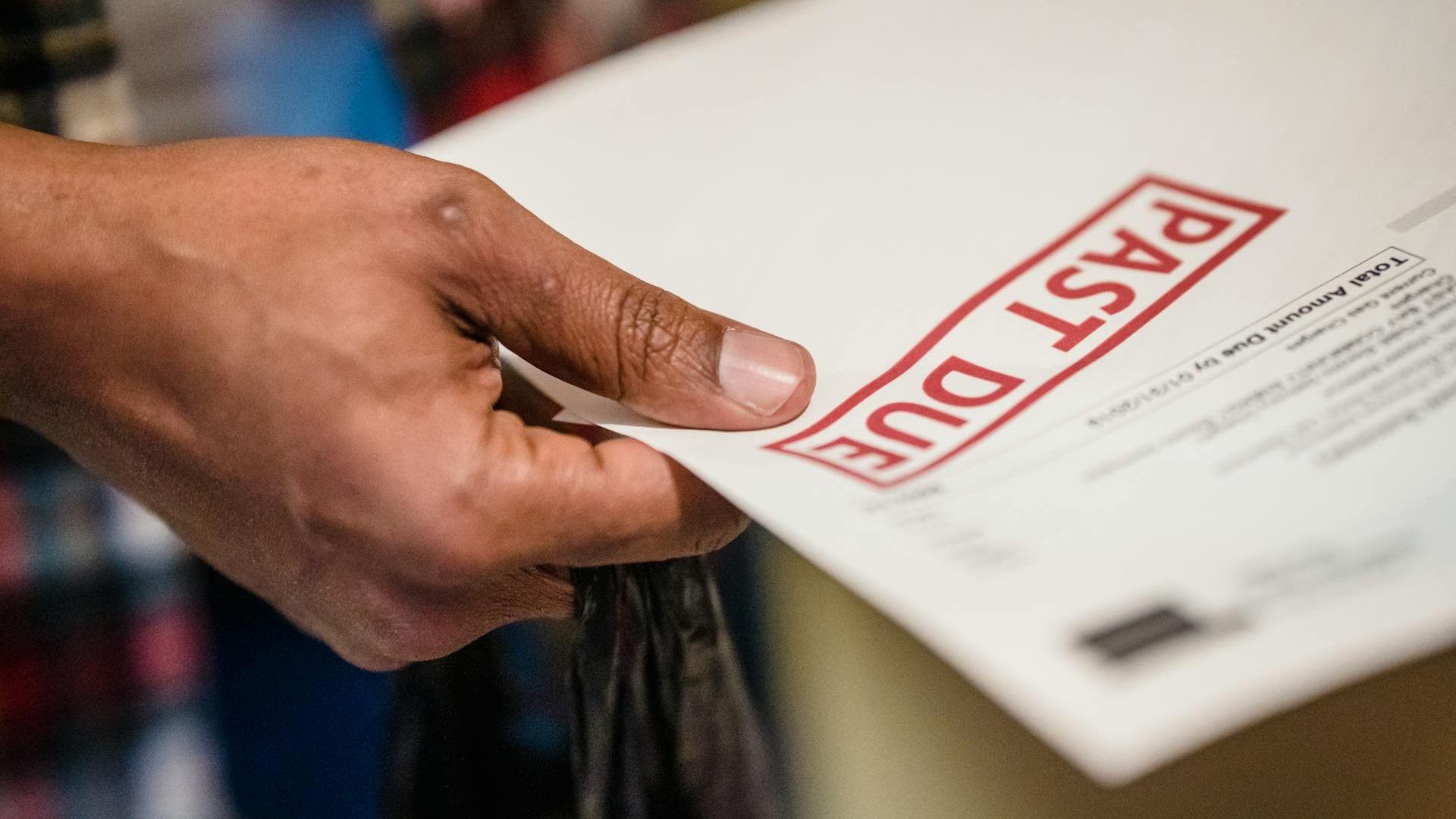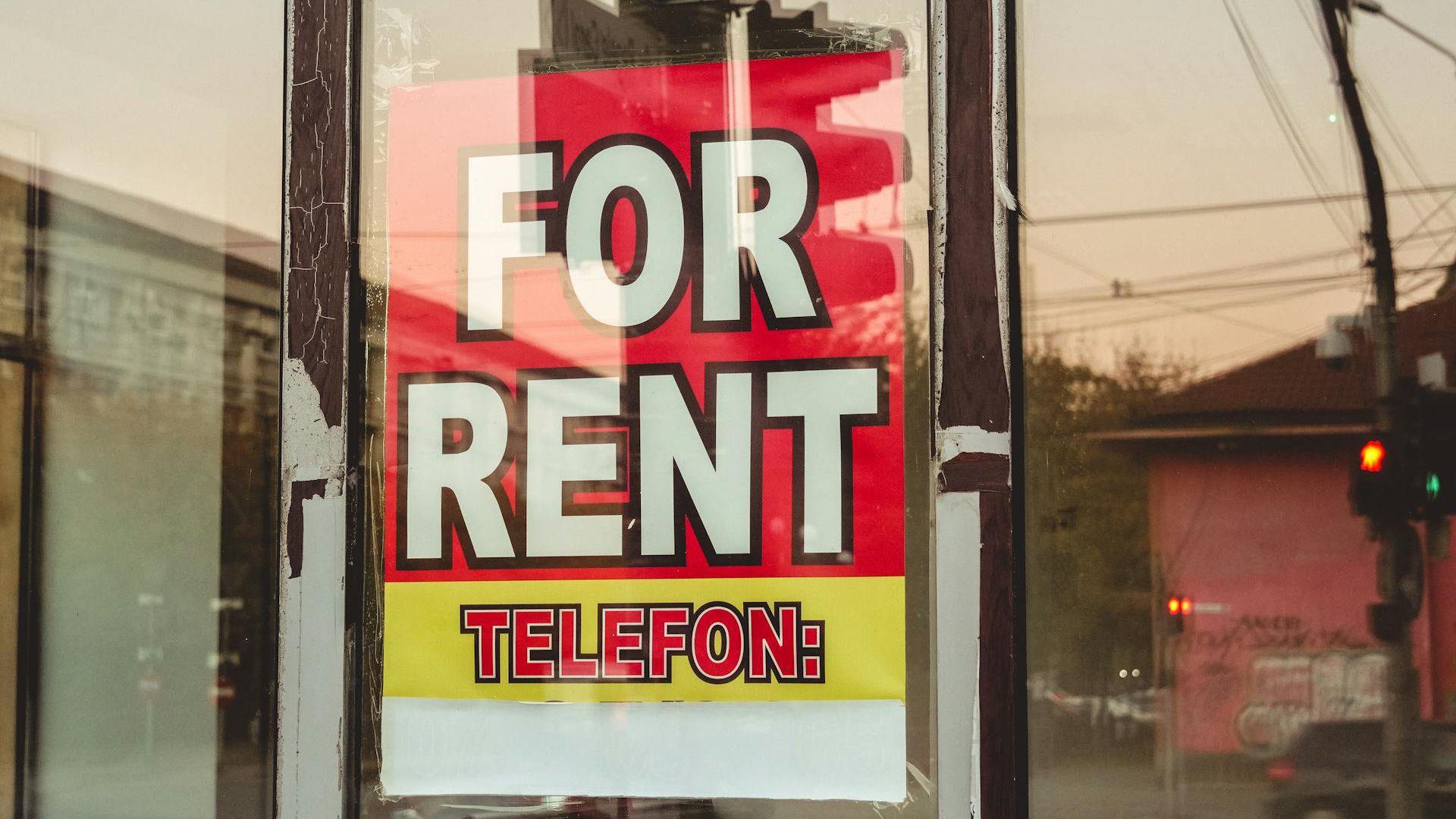Officials in New York City are questioning whether to reinstate consequences for residents who have stopped paying their property taxes.
As of March 2024, the city has a total of $880 million dollars in unpaid taxes, a trend that has been developing since the city ended its tax-lien program that was in place to punish delinquency.
Cause for Concern

Since the pandemic, more and more new yorkers have ceased to pay their property taxes which drastically cut down the amount of generated tax revenue.
With roughly half the city’s tax revenue dependent on the receipt of property tax, the growing trend has officials worried that ending the program may have given rise to the lowered incentive to pay in a timely manner.
Officials Speak Out

On March 4, New York’s City Council held a hearing to discuss the growing number of delinquencies and its potential impact on the welfare of the city.
In the meeting, Finance Commissioner Preston Niblack went on to state, “It’s not just the absolute dollar amount that I think should worry us all.” He suggested that the issue is stemming from residents realizing that there are no consequences in place for not paying their property taxes.
The Problem That Needs to Be Addressed

The city’s rate of overdue taxes by over 30% by June 2023, a staggering number from three years prior.
While addressing the council the Commissioner went on to say that this is a reality the city “Just can’t be allowed to continue.”
Compounding the Problem

If the city’s property tax delinquencies weren’t enough; there is also the issue of high property vacancies.
As of November 2023, New York has hit its highest number of vacant office properties in Manhattan. At a rate of 22.5%, the city is facing issues with tax procurement for several critical reasons.
Rent Regulated Apartments

Rent-regulated apartments are another compounding issue. Since the onset of the pandemic and subsequent lockdown in 2020, landlords have not been able to raise rent for tenants, which, in turn, further aggravates the numbers.
Landlords have been feeling the brunt of the regulation as well, and many are at a loss for how to proceed with incentivizing occupants to pay their rent on time and in-full.
No Incentives, No Pay

Since March of 2022, city officials have watched the number of reluctant property increase after the tax-lien sale program ended.
Much of the blame for the poor state of affairs is attributed to the City Council’s failure to reestablish the program to hold property owners accountable for making timely payments.
How It Worked

Under the tax-lien plan, the city had authorization to sell liens on condos and single-family homes after a three-year non-payment period, while liens on other types of property had a one-year period.
Marketable properties would be sold at a discount to a third-party trust which then borrows money from investors who would pay the city for the properties.
Pushback From Community Activists

At the time this program was enforced, activists in the city said that low-income property owners would be most severely impacted.
New York Attorney General Letitia James heavily criticized the enforcement stating that the “additional fees can quickly turn a relatively small tax lien into an overwhelming financial burden, eventually pushing homeowners into foreclosure.” Unfortunately, over the last three years, that sentiment has proven itself to be true.
A Solution Routed in Equity

In an effort to find a solution to the growing debt crisis, the Department of Finance is working to create laws that would put a new tax-lien sale program in place.
The new legislation aims to establish payment incentives while ensuring that homeowners are not put in jeopardy of dealing with evictions and foreclosures. If New York City can come up with such a plan it would be an endeavor that requires collaboration on all sides.
Working Together for a Favorable Outcome

Ryan Lavis, who serves as a spokesperson for the Department of Finance, showed his excitement about the development. In a statement, Lavis expressed, “We look forward to working with the [City] Council on this important issue and look forward to a new, more equitable form of property tax enforcement.”
In a statement, the City Council expressed the plan to collaborate with “Administration, advocates, impacted communities, and all stakeholders to advance policies that address outstanding charges while supporting the economic health of homeowners, our communities, and the City.”
Looking Forward

In the current fiscal year, the city anticipates collecting $32.7 billion from taxpayers. In order for the amount of existing tax debt to decrease City Council’s proposed solutions must go through and receive support from property owners.
If the city is successful in enforcing the revamped tax-lien sale program, it can begin digging itself out of the financial crisis and restore order.
